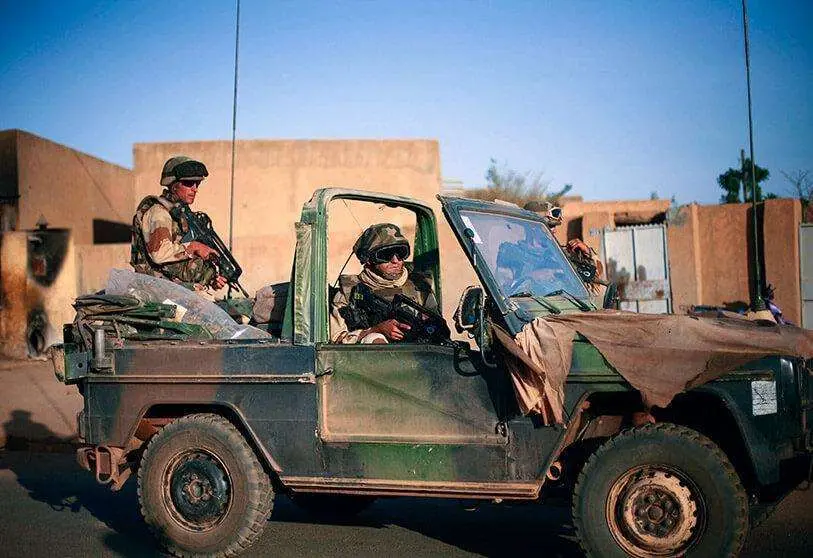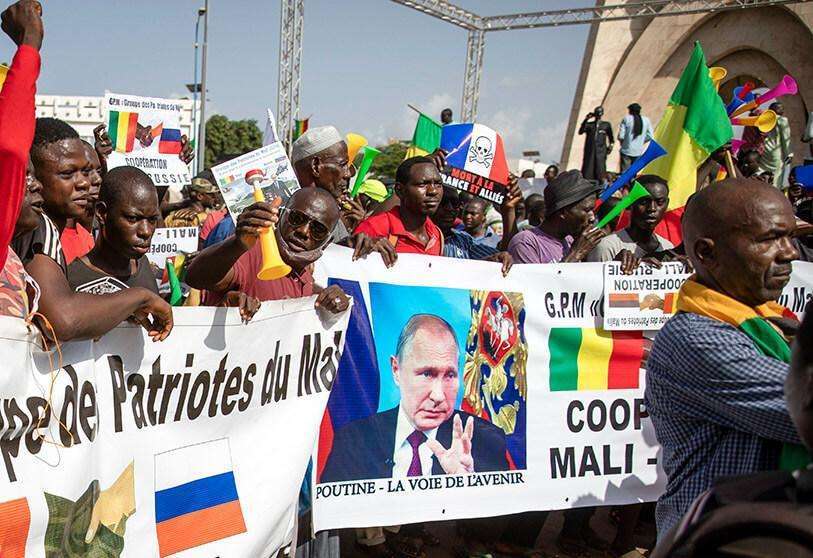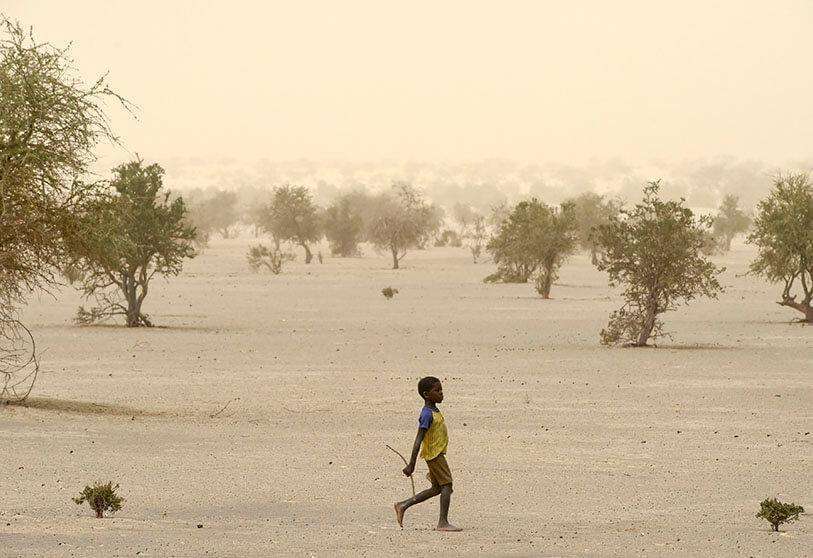Mali: armed groups abandon peace talks

The coalition of armed groups in northern Mali, known as the Permanent Strategic Framework for Peace, Security and Development (CSP-PSD), has unanimously decided to withdraw from peace talks based on an agreement reached in Algeria in 2015. That treaty, signed between the then Malian civilian government and armed groups, aimed to restore peace and stability in the north of the country after the Tuareg separatists of the Movement for the Liberation of Azawad (MNLA) launched a fight for the region's independence in 2012.
The militias have decided to abandon the peace talks because of what they call a "lack of political will" to achieve peace on the part of the military junta that has ruled the country since the 2020 coup led by Colonel Assimi Goita, now Mali's transitional president.

The coalition said in a statement that it would only return to the talks if they were held in a neutral country under international mediation, reports Reuters. They also denounced the lack of action by the authorities "to address the security challenges that have led to the death and displacement of hundreds of people".
This decision further aggravates the critical situation in Mali. It was not only in 2012 that fighting for the independence of the north of the country began. In that year, the expansion of jihadist groups in the region also began, causing thousands of deaths and displaced people. This, coupled with food insecurity in the region, has led to a severe humanitarian crisis.
The Russian-linked Wagner Group is also gaining influence in the country, taking advantage of this insecurity and strong anti-French sentiment. French troops left Mali in early 2022 after Malian forces established a military alliance with Wagner. The same happened with German troops months later.

In addition to Mali, this is the reality in other Sahel nations such as Niger and Burkina Faso, making the African region one of the greatest global security challenges.
Coup d'état, food crisis, instability and jihadism. These are the constants of the Sahel countries for several years, as well as the main threats faced by the civilian population, the great victim of this situation. According to data from the humanitarian information portal ReliefWeb, in these three countries - Burkina Faso, Mali and Niger - 2.3 million people are internally displaced and 144,000 refugees. Similarly, 4.4 million people are severely food insecure and 600,000 children suffer from severe malnutrition.

Due to insecurity and armed fighting, 6,539 schools and 222 health centres have been closed, depriving communities of access to education and health care. As a result, humanitarian assistance is required for 14.4 million people.








